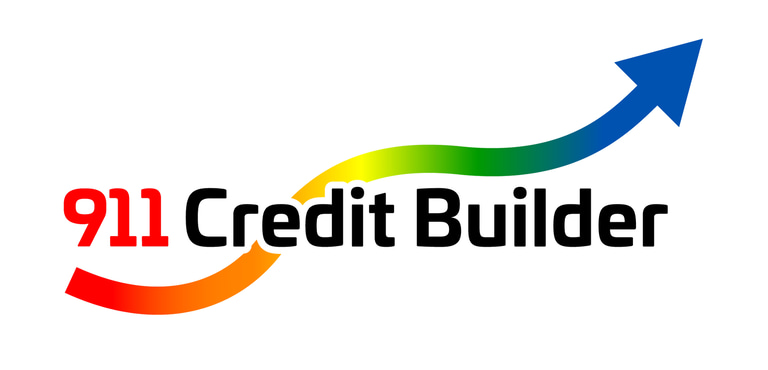Unveiling Your Credit Rights: Navigating the Fair Debt Collection Practices Act
Many individuals find themselves unwittingly subjected to unfair and harassing debt collection practices. The Fair Debt Collection Practices Act (FDCPA) serves as a shield against such practices, designed to protect consumers from the overreach of debt collectors. Knowing your rights under the FDCPA is crucial to putting an end to abusive tactics and ensuring your financial well-being.
Gene Davis
12/18/20232 min read

Understanding the FDCPA:
The FDCPA outlines stringent requirements that debt collectors must adhere to, aiming to curb harassing, unfair, and abusive practices. Being aware of these regulations empowers you to stand up against any violation of your rights.
Privacy Protection:
Debt collectors are forbidden from disclosing details about your debt to others, ensuring your privacy. They cannot communicate with anyone other than you more than once, and their correspondence must not bear any markings indicating they are a debt collector. This prevents them from using their status to coerce or embarrass you.
Timing Matters:
The FDCPA safeguards your peace by restricting calls to reasonable hours. Debt collectors cannot contact you before 8 a.m. or after 9 p.m. Moreover, calling you at work is prohibited if they have reason to believe it's against your employer's rules.
Cease and Desist:
When you are represented by an attorney or have notified the debt collector in writing that you refuse to pay the debt, they are obligated to cease and desist contact immediately.
Harassment Prevention:
The FDCPA explicitly prohibits debt collectors from using threats, violence, or obscene language. They cannot engage in practices intended to annoy or harass you, ensuring a respectful and lawful approach.
Truth in Representation:
Debt collectors are barred from making false representations, such as posing as a government affiliate or misrepresenting the legal status of a debt. Any claims about legal actions, arrest, or property seizure must be lawful and intended for enforcement.
Transparent Communication:
Debt collectors must clearly identify themselves on every phone call and cannot falsely claim affiliation with credit reporting agencies. They are also restricted from accepting post-dated checks beyond five days or attempting to collect more than the original contract stipulates.
Written Disclosure:
Within five days of initial contact, debt collectors are required to send a detailed statement including the debt amount, creditor's name, and other disclosures specified by the Federal Trade Commission (FTC).
Conclusion:
Knowledge of your rights under the FDCPA empowers you to challenge unfair debt collection practices. Violations can be costly for debt collectors, creating a powerful deterrent against abusive actions. By understanding and asserting your rights, you take a proactive stance in safeguarding your financial well-being.
About the Author
Gene Davis, the Co-Owner of Ein Credit Funding & 911 Credit Builder & Heartbeat 4 Prosperity, brings over 22 years of experience in the financial industry. As a former Mortgage Company owner, Loan Officer, Credit Specialist, Realtor, and Author, Gene possesses a comprehensive understanding of achieving financial goals.


Contact us
Whether you have a request, a query, or want to work with us, use the form below to get in touch with our team.

